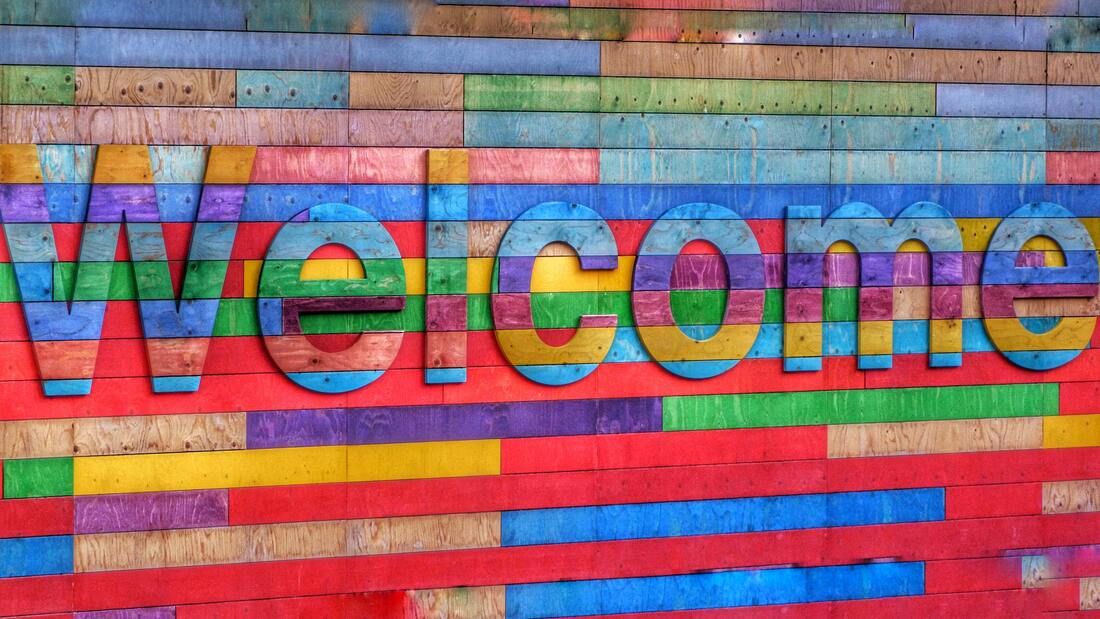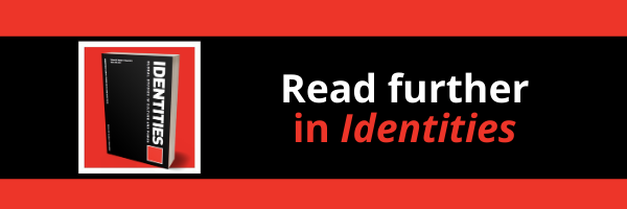|
|
|
Recent UK Home Secretaries have condemned the toppling of a slave trader statue in Bristol, dismissed footballers taking the knee as ‘gesture politics’ and called on police forces to spend less time on diversity and inclusion initiatives. Yet between 2010, when the Conservatives came into power, and 2020, the overall policy framework remained broadly favourable to multiculturalism: accommodations are still made for ethno-religious dress, the BBC has retained its mandate to reflect diversity, and funding is available for ethnic organisations.
With respect to immigration, there has been a closer connection between harsh rhetoric and restrictive measures, exemplified by the multiplication of immigration checks, the end of free movement with the EU, the housing of asylum seekers in inadequate and overcrowded military barracks and the on-going attempt to deport some to Rwanda. At the policy level, therefore, efforts to include racialized citizens seem to have become disconnected from the opening of the country to foreign nationals. Shift the focus from the Government to minority ethnic and anti-racist organisations, however, and the picture starts to look quite different. In September last year the Muslim Council of Britain echoed a report from the Institute of Race Relations denouncing how British Muslims were disproportionately affected by the citizenship deprivation powers reinforced through the Nationality & Borders Act 2022. The Runnymede Trust, a leading race equality think tank, has published a number of blog posts denouncing deportations and asylum-seekers’ woeful living conditions, partly due to the denial of their right to work and access public funds. Similar claims have been raised by Voice4Change, an advocate for the Black and minority ethnic voluntary sector.
As we show in our recent Identities article, ‘The relation between multiculturalism, interculturalism and cosmopolitanism in UK diversity politics’, these interventions are not exceptional but part of a deeper intertwining of multiculturalist, interculturalist and cosmopolitan ideas. Often set against each other in academic and political discourse, these three philosophical traditions nonetheless share a positive orientation toward cultural diversity and a commitment to combatting discrimination on the grounds of race, ethnicity and religion.
Given the current strength of far-right populist parties and movements across Western societies, it therefore seems pertinent to explore the potential for theoretical and practical reconciliation between them. To address this question, we interviewed the leaders or influential members of 17 organisations representing ethnic minorities or otherwise championing racial equality and social cohesion. We also paid close attention to the latest national policy statement on these issues, Integrated Communities, published in 2018, as well as other documentary sources. Our research reveals that at least two fault lines found in the philosophical literature are regularly bridged in UK policy and civil society claims. The first, as suggested above, is the assumed dilemma between facilitating movement and promoting inclusive forms of citizenship. While the organisations interviewed were divided on the desirability of EU-style open borders, there was broad consensus on the need to do more for asylum seekers. Instead of seeing this as a threat to national cohesion, respondents highlighted how toxic narratives around refugees and migration in general had fuelled racism against established communities too. The second cleavage has to do with the perceived legitimacy of different levels of governance when it comes to dealing with cultural diversity. Whereas multiculturalist theorists tend to focus on national institutions, interculturalist ones on local authorities and cosmopolitan ones on supra-national bodies, civil society did not make such clear-cut distinctions. For instance, Muslim Engagement and Development highlighted various initiatives against Islamophobia developed by the EU pre-Brexit (admittedly, following the steer of the UK itself), and several respondents considered that national-level funding should continue to support intergroup contact, a key interculturalist principle. Whether these emerging syntheses will eventually lead to coherent and politically effective pro-diversity coalitions in the UK and beyond remains to be determined.
Image credit: Photo by Belinda Fewings on Unsplash
Blog post by Pier-Luc Dupont, Thomas Sealy and Tariq Modood, University of Bristol Centre for the Study of Ethnicity and Citizenship, UK
Read the Identities article: Dupont, Pier-Luc, Sealy, Thomas and Modood, Tariq. (2023). The relation between multiculturalism, interculturalism and cosmopolitanism in UK diversity politics. Identities: Global Studies in Culture and Power. DOI: 10.1080/1070289X.2023.2186622 OPEN ACCESS
Read further in Identities:
Cosmopolitanism and integrationism: is British multiculturalism a ‘Zombie category’? Diversity as discourse and diversity as practice: critical reflections on migrant women’s experiences of accessing mental health support in London The governmentality of multiculturalism: from national pluri-ethnicity to urban cosmopolitanism in Bogotá OPEN ACCESS Comments are closed.
|
|
Explore Identities at tandfonline.com/GIDE |
|
The views and opinions expressed on The Identities Blog are solely those of the original blog post authors, and not of the journal, Taylor & Francis Group or the University of Glasgow.


